Corporations Traffic People Too
Written By: Mira Seyal
This year, most companies faced difficulty maintaining sales and consumer demand. Porn facilitators were not in that category. With people self-isolating and working from home, Porn Hub found that as countries enacted shutdowns, usership increased dramatically. What many people in this substantial audience might not realize however, is that Porn Hub has been largely complicit in the global market for sex trafficking.
On the surface, Porn Hub may appear to some as a platform that supports sexual well-being. A recent New York Times exposeé on Porn Hub however, called attention to a dark side to the platform: The promotion of rape, including the rape of minors. As the article notes, we have become accustomed to viewing the actions of Harvey Weinstein or Bill Cosby as rape: these are cases involving individual acts of nonconsenting sexual violence. But rape might be harder to identify when the perpetrator is no longer an individual or an identifiable group of individuals, but a company -- a company that allows sexual content to exist without consent.
Today, consent can be violated on a large scale with just the click of a button. This can take the form of unwarranted, lewd messages to an inbox, revenge porn, or nonconsensual pornography distribution for profit. While most can probably agree that the individual responsible for organizing and uploading non-consensual content is at fault, what about the company that routinely profits from the widespread distribution of said non-consensual content?
Our social and political systems are built to treat individuals and corporations differently in regards to their complicity with sexual exploitation. Unlike individuals, companies can claim special protections -- even when they are complicit in the promotion of non-consensual sexual content. Executives of Porn Hub for example have “assumed that they enjoyed immunity under Section 230 of the Communications Decency Act, which protects internet platforms on which members of the public post content.” As a result of the legal ambiguity around porn sites and accountability for sex trafficking, companies like Porn Hub systematically reap the financial benefits of sexual exploitation. In other words, companies are in many ways protected sex traffickers.
Despite our lacking infrastructure for tackling companies as perpetrators of sex crimes including human trafficking, corporations are nonetheless fully capable of operating as sex traffickers. As evidence, one need look no further than a lawsuit that 40 human trafficking victims recently brought against MindGeek, Purn Hub’s parent company. All of these victims were forced or coerced into non-consensual sex on camera and told that the videos would not appear online. The videos were posted to Porn Hub and proved nearly impossible to completely remove. Every victim in the case contemplated suicide. Although the case is still underway, Porn Hub has nonetheless profited off of these exploitative videos.
In a testament to the powers of journalism, both Mastercard and Visa stopped processing payments from Porn Hub just several days after the New York Times exposeé was published.
The initial criticism and resulting backlash against porn hub initiated two exciting changes: Direct action by two major credit card companies and an ensuing dialogue around the accountability of corporations in this industry.
Even with these positive developments, the dialogue must expand to address all of the issues reflected in Porn Hub’s common searches. For example, millions of users searched for “tiny asian teen,” “black slave,” and “white master”. These searches reveal the prevalence of blatant racism, violence against women, and pedophilia. They also evince clear patterns of systemic violence perpetrated by corporations like Porn Hub. We need to put pressure on corporations to act responsibly. Like the Harvey Weinsteins and Louis C.K.’s of the world, corporations should also be held accountable for violating the sexual consent of millions worldwide.
While petitions and boycotts are useful, Porn Hub, like any corporation, is catering to public demand. Currently, there is a massive demand for the material on their site - 3.5 billion visits a month to be exact. Until the public demands a world free of sexual violence and exploitation, Porn Hub, and the million other platforms like it will continue to exploit vulnerable and marginalized people globally.
To address these issues, we need to ask the tougher questions: Why were these videos created in the first place? Why is the sexual abuse of marginalized populations fetishized? Why don’t we have systems in place to protect these marginalized groups from sexual abuse in pornography and in society?
This is why educational outreach programs, like those at Free to Thrive, are more important than ever. Only by educating the public on human trafficking in its many forms can we hope to change consumer demand and ultimately create a world where all are Free to Thrive.
About the Author: Mira Seyal is the Development Assistant at Free to Thrive where she offers administrative support, manages donor relations, and researches ways to increase funding and membership. Mira also runs the team’s social media pages and assists with marketing events.


